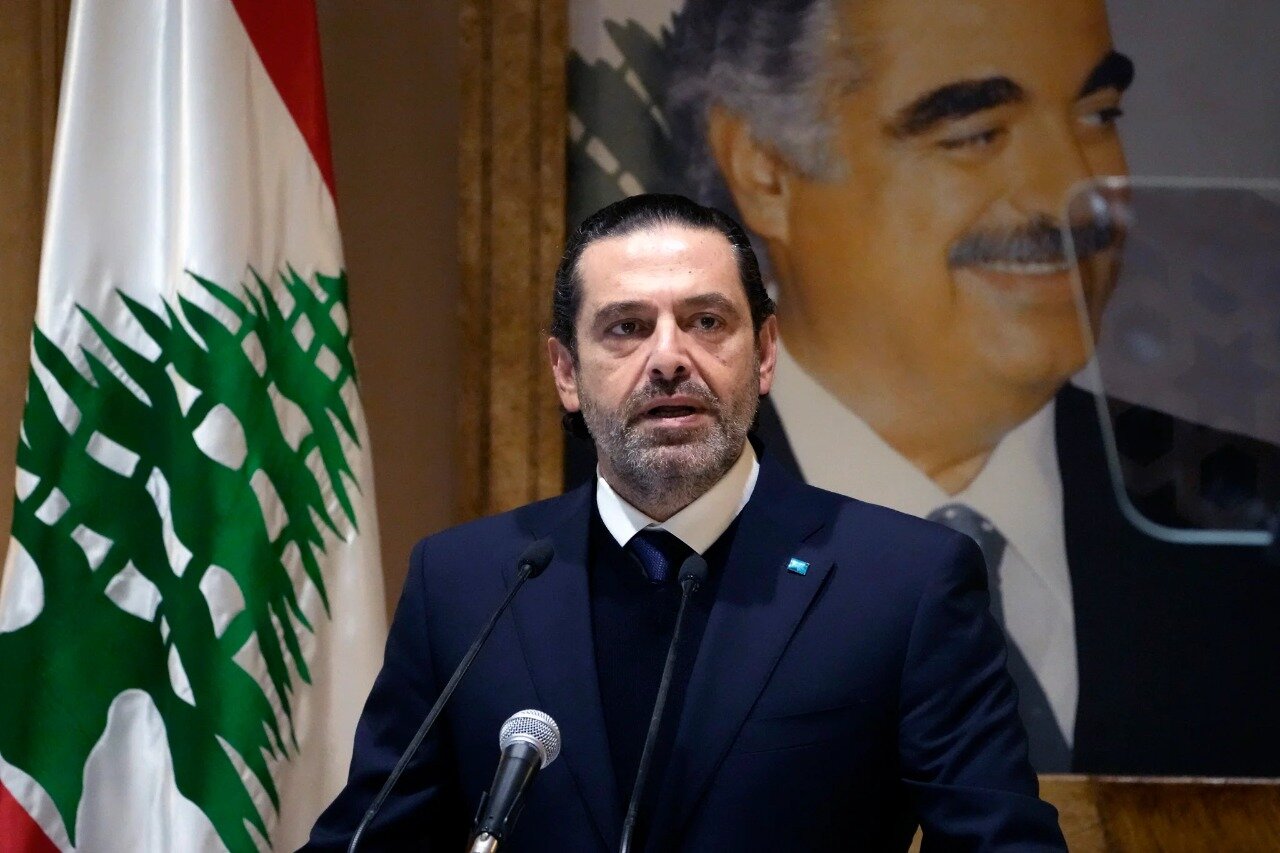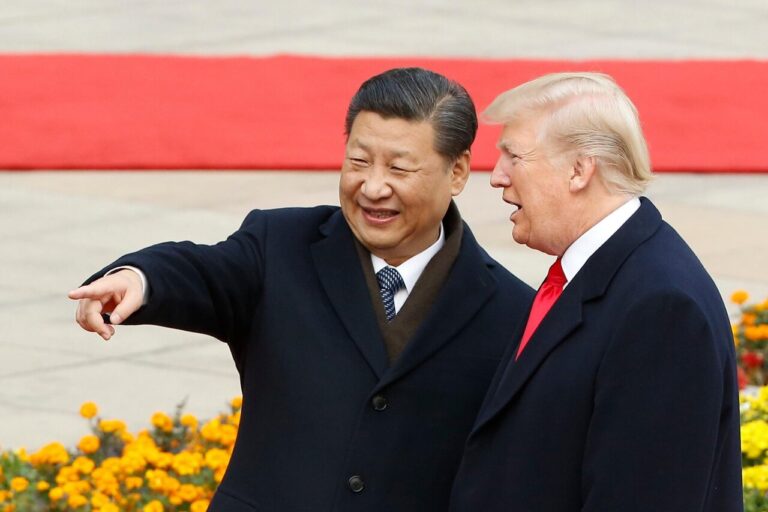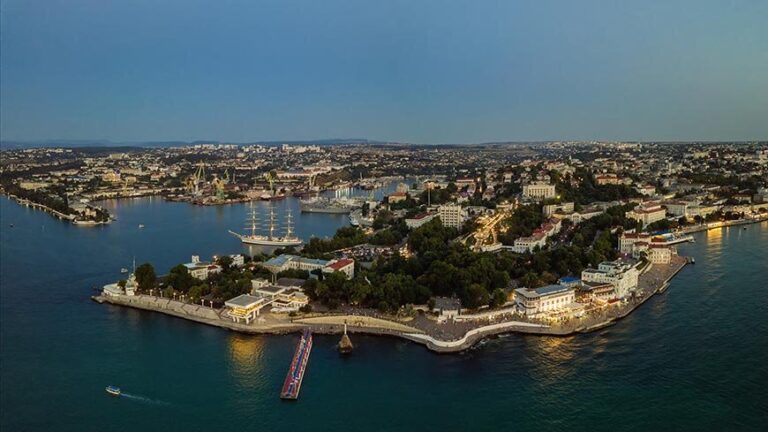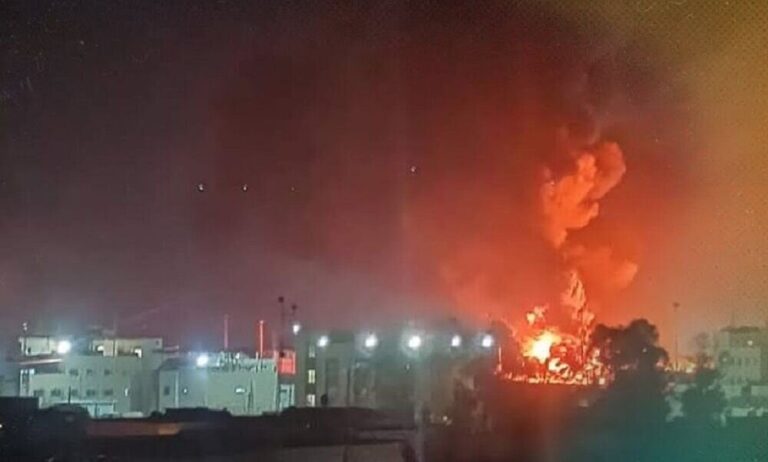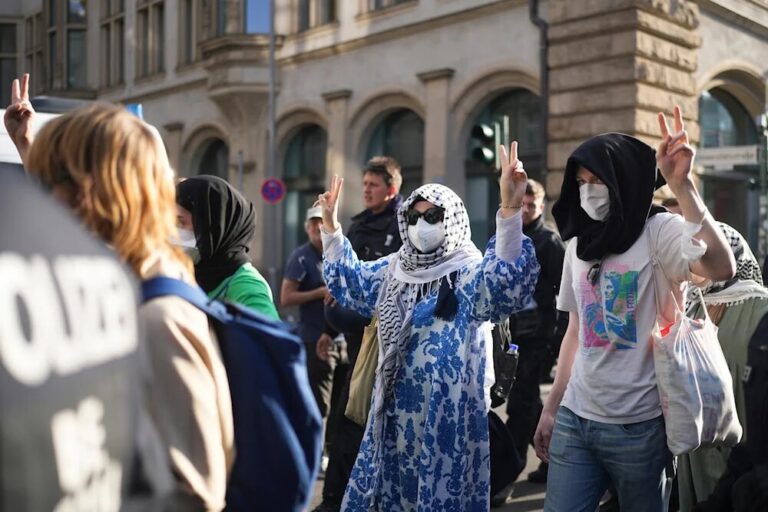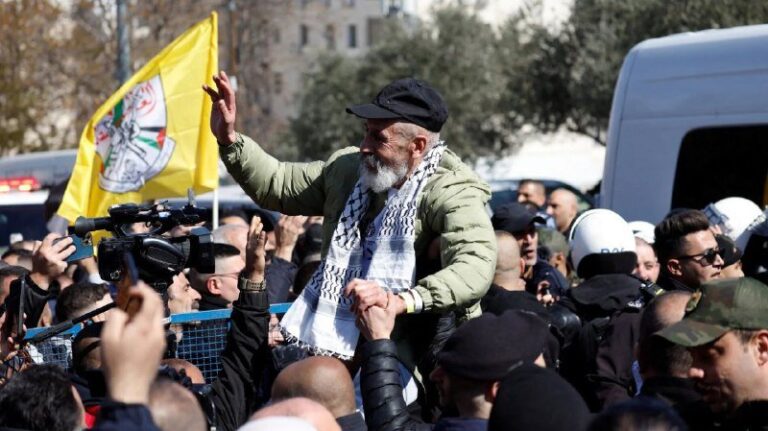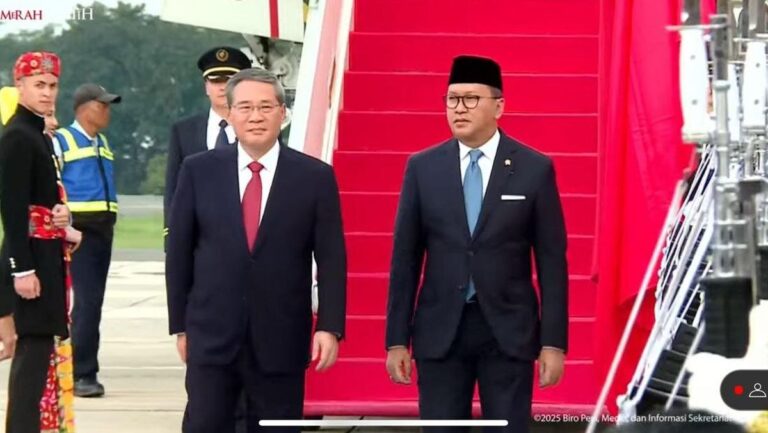Hariri’s Strategic Comeback: A Promising Return to Leadership
On the 20th anniversary of the tragic assassination of Rafik Hariri, his son, Saad Hariri, made a notable return to the political arena after a three-year hiatus. This significant event unfolded in Martyrs Square, a poignant location that was the site of his first public appearance two decades ago. Saad Hariri’s comeback is marked by a commitment to lead the Sunni community in Lebanon, as he navigates the complex landscape of Lebanese politics.
Martyrs Square was filled with enthusiastic supporters waving the national flag, notably without the Future Movement’s flag, which is recognized as the largest Sunni movement in the country. Saad Hariri addressed the crowd with a message of unity and resilience, stating, “I will remain with you. Everything will be fine in its time.” He hinted at his plans to participate in the upcoming municipal elections in May 2025 and the parliamentary elections in May 2026.
In his speech, Hariri expressed deep respect for the martyrs who have suffered across various regions of Lebanon, including the South, Bekaa, and Beirut. He condemned the recent US-backed Israeli military actions in Lebanon, referring to them as “crazy and criminal,” highlighting the devastation they brought to the Lebanese people and their homes.
Saad Hariri’s message was clear: the need for solidarity among Lebanese citizens. He praised the compassion shown by his supporters towards displaced Shiite families during recent conflicts, emphasizing that “Lebanon is one and the Lebanese are one body.” His rational discourse aims to counteract divisive narratives that seek to pit Sunni and Shiite communities against each other.
During the severe Israeli offensive from September to October, mainstream Arab media largely ignored the warmth with which many Sunnis welcomed displaced Shiite families into their homes. Instead, they propagated claims that Hezbollah had a role in the assassination of Rafik Hariri, which Saad Hariri sought to dispel. He stressed the collective responsibility of all Lebanese to rebuild the war-torn areas, stating, “This is everyone’s responsibility.”
Hariri underscored the urgency of addressing Lebanon’s economic crisis and restoring development across the nation. He recognized a “golden opportunity” for progress following the election of a new president and prime minister. He addressed the Shiite political factions indirectly, acknowledging their role as partners in this endeavor: “You are partners in opening bridges of relations with our Arab brothers and partners in reconstruction.”
He also emphasized the importance of restoring the state’s prestige, noting that a strong state, with its army and security forces, is essential for protecting all Lebanese. Saad Hariri, who served as prime minister during two different terms from 2009 to 2011 and from 2016 to 2020, reaffirmed his commitment to the Lebanese army and their efforts in maintaining peace and security, advocating for the full implementation of ceasefire agreements and UN Resolution 1701.
Additionally, Hariri voiced his support for the Syrian people’s choices and firmly rejected any plans for the settlement of Palestinian refugees in Lebanon. Since his absence from the political scene, the Sunni community’s influence has waned, leading to the rise of factions that are perceived to be aligned with US interests and funded by external NGOs. These groups lack a substantial popular base and fail to represent a cohesive national discourse that prioritizes Lebanon’s sovereignty, which has contributed to the fragmentation of Sunni political representation.
Currently, only three out of 27 Sunni MPs are affiliated with the Shiite political factions. The remaining MPs are divided among the National Consensus Bloc, led by MP Faisal Karami, and the National Moderation Bloc, which, notably, has not participated in the new government for the first time since the 1990s. Saad Hariri’s speech reinforced the idea that in Lebanon, there are no winners or losers; rather, the nation is a mosaic of diverse identities that necessitates cooperation and compromise to counteract external threats.
As Lebanon faces ongoing challenges, the revival of a moderate Sunni presence is crucial for the country’s stability. Saad Hariri’s extensive regional and international connections could prove invaluable in fostering unity and addressing the pressing issues that Lebanon confronts today.
